Sustainable Campus Partnerships
The grand challenge of transitioning to a sustainable campus requires the work of every member of the campus community. These partners are exemplary, keystone creators of a more sustainable campus. Our success depends on our ability to collaborate and innovate, often in new ways.
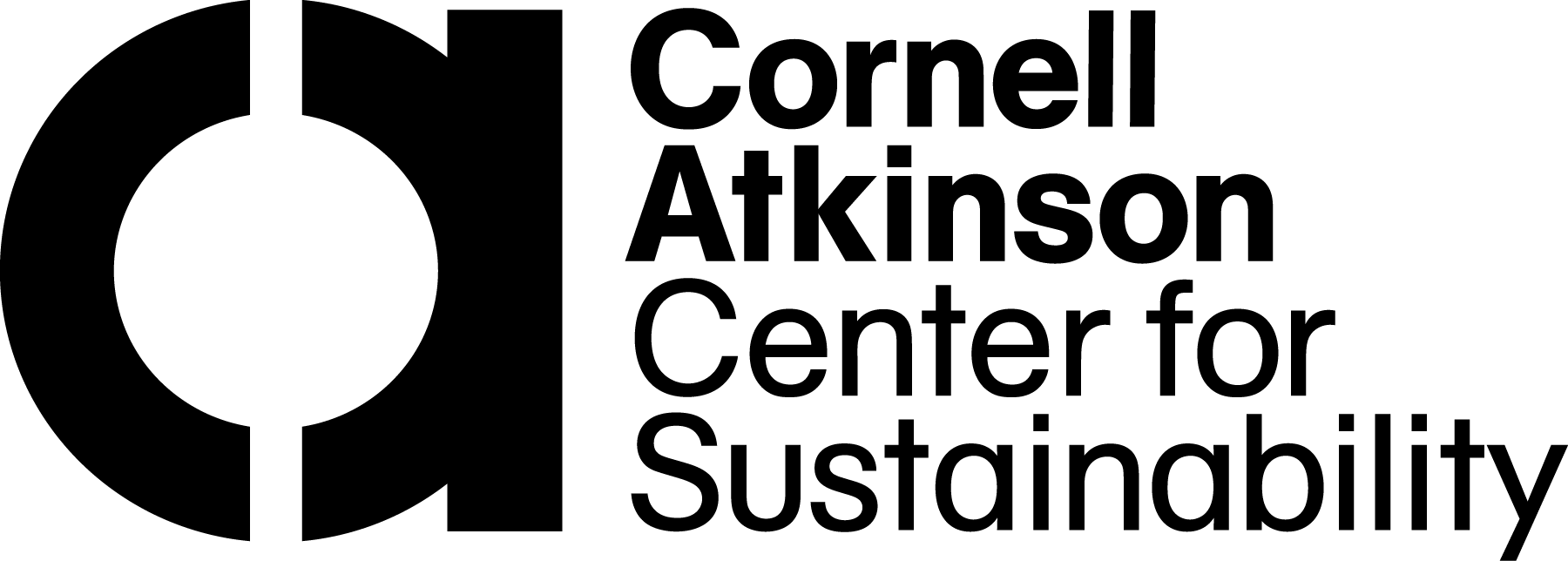
Cornell Atkinson Center for Sustainability
Cornell Atkinson provides start-up funding for cross-college collaborations, research, and internship opportunities with partners like Environmental Defense Fund, Oceana, CARE, and others. Check out their sustainability course listings.

Cornell Institute for Climate Smart Solutions (CICSS)
CICSS builds stakeholder capacity and works toward a future where agricultural, environmental, and social systems are resilient in the face of a rapidly changing climate and have reduced their impacts on the climate system.
At Cornell, community engagement means faculty, staff and students partnering with community members to address global issues. These collaborative relationships create opportunities to research, teach and learn at home and around the world.

Facilities and Campus Services (FCS)
FCS is an administrative support division that includes the Office of the University Architect, Contract Colleges Facilities, Energy and Sustainability, Facilities Management, Transportation and Delivery Services, Engineering and Project Management, Finance and Administration, and Cornell Real Estate. FCS serves Cornell through the planning, design, construction, operation and ongoing maintenance of University facilities.
You can find more information about Cornell's Living Laboratory here.
Buildings and Energy
Utilities and Energy Management
The Utilities staff operate the University energy infrastructure system on a 24-hour, 365-day per year basis. The Energy Management staff work to identify and implement conservation-focused outreach, maintenance, energy studies, and capital projects to meet the University’s needs with less energy use. The professional staff in Facilities Engineering curate Cornell's rigorous Design and Construction Standards and Green Building Support.
Cornell Energy Systems Institute (CESI)
Cornell’s Energy Systems Institute is a university-wide collaboration of leading faculty researchers, staff, and students who work together to address grand-challenge scale technical questions related to energy.

College of Agriculture and Life Sciences (CALS)
Sarah Z. write-up. Solar farms. Internal link. CALS Green.
Human Ecology

A student-run farm that has been practicing sustainable agriculture on Cornell University's campus for more than a decade. Their mission is to provide students with opportunities for experiential learning, group collaboration and research. Come enjoy the Farmer’s Market at Cornell every Thursday on the Ag Quad.
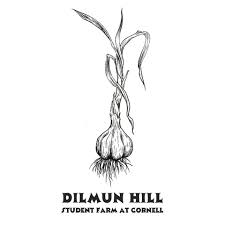
Providing the Cornell campus with nutritional, sustainable meals as well as a rich dining experience. Since 2015, Cornell Dining has committed to Menus of Change, an initiative that focuses on the integration of optimal nutrition and public health, environmental stewardship and restoration, and social responsibility concerns within the food service sector and beyond.
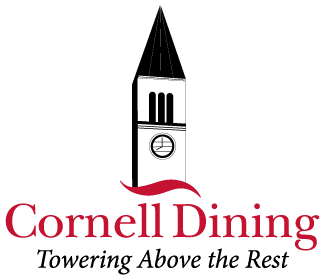
Anabel’s Grocery provides nutritious, affordable food for all Cornell students through a student-run grocery store and offers educational programs that create a fun, inclusive, empowering community around quality food, food choices, wellness, and positive social change.
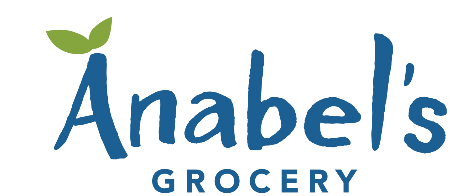
Manndible Café / Fork and Gavel Kitchen
Manndible Café, located in Mann Library, and Fork and Gavel Kitchen, located in the Law School, are two campus eateries that provide locally sourced and sustainable food.

Cornell Chapter of the Food Recovery Network
The Food Recovery Network is a national organization that distributes dining hall leftovers to local food pantries. Since 2014, rather than ending up in the compost, Cornell's extra food now finds itself where it's most at home-- in the hands of the hungry.
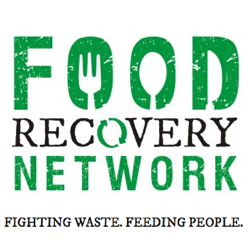
While programs vary, they often include: school meals featuring local food, food and agriculture education in the classroom, school gardens, field trips to farms, and celebrations. Students learn about their local agriculture system and have better access to delicious local foods; farmers expand markets for their products; and local economies grow stronger.
Cornell AgriTech Farms provide all of our fresh potatoes, winter squash, and corn seasonally and into January. Cornell sources about 27% of its fresh produce from farms located within 250 miles of campus. Canned tomato products are purchased from local producers, and 90% of dairy purchases are local (Cornell Dairy and other local producers). In addition, Cornell Dining purchases all of the apples for the dining halls from Cornell Orchards while they are available. Finally, we purchase some Marine Stewardship Council certified fish for two of our major dining units, and the local beef program was reduced to using local beef burgers in two large retail units.
The Cornell Water Filtration Plant (WFP) serves a population of 35,000 including students, faculty, academic and non-academic employees, as well as residents of the hamlet of Forest
Land & Water
The Cornell Botanic Gardens are leaders of cultivation, conservation, and education with their mature botanic garden, arboretum, and diverse network of nature preserves. Through the Climate Change Demonstration Garden, visitors can see first-hand how different environmental conditions predicted with climate change, like rising temperatures, heat waves, heavy downpours, and droughts, can affect the growth of a variety of different plants.
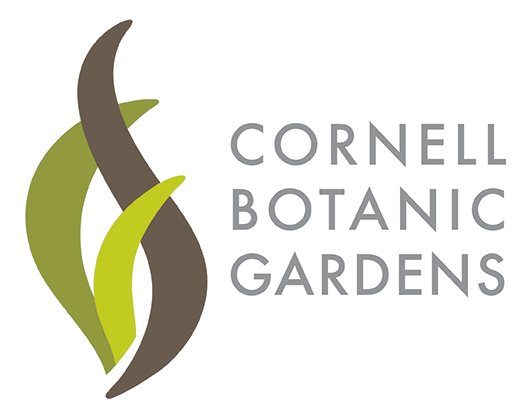
The Grounds Department provides quality services, consistent with responsible fiscal and environmental stewardship, to support the landscape maintenance and landscape construction needs of the Cornell Community.
School of Integrative Plant Science: Horticulture Section
As the only horticulture program in the Ivy League, faculty, staff and students work to shape the food systems and landscapes of today and tomorrow. The horticulture faculty includes more than 40 scientists working across New York State to make discoveries and share knowledge about fruits, vegetables, and landscape plants. They are called on by farmers, golf course managers, urban foresters, government officials, and many others to solve problems around the globe. Not to mention, IPS has been integral for the development of the Sustainable Landscapes Trail and CU-Soil. Nina Bassuk, currently a professor and program leader of the Urban Horticulture Institute, explores the impact of urban environments on plant physiology, including soil modification and transplanting technology.
The mission of the Campus Planning Office is to link the development of all the physical resources of the University with academic and institutional plans. The Campus Planning Committee (CPC) promotes comprehensive and clear planning processes in stewardship of Cornell’s Ithaca campus.
Materials Management
Building Care Team (need updated link)
Every day, Cornell ensures a clean, safe and sustainable environment for the campus community to thrive, live and learn by eliminating chemical use whenever possible. When chemicals are necessary, we use a wide variety of Green Seal Certified products.
R5: Respect, Rethink, Reduce, Reuse, Recycle
Your recycling team! R5 manages non-hazardous waste and recycling for everything from paper to printers. Connect with R5 for reuse and compost resources and guidelines, or bins for your campus event.
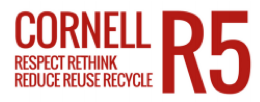
WasteNot is a student-driven project that aims to reduce post-consumer waste contamination, prevent diversion to landfill, and ultimately achieve a zero-waste campus.
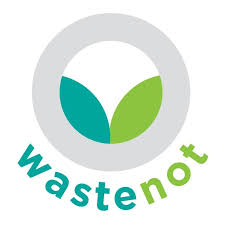
Cornell Thrift’s mission is to reduce campus‐wide waste through redistribution of reusable personal items. The initiative was inspired by the concept of “free‐piles” seen in university co‐operative housing, along with the annual Dump‐and‐Run sale.
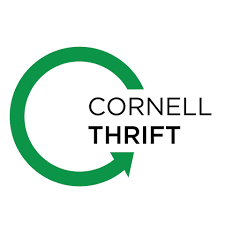
Student and Campus Life serves all students – undergraduate, graduate, and professional – and strives to promote an educational environment where you can thrive in pursuit of your academic and personal goals. Living @ Cornell also holds the annual Dump & Run program, which collects items from students leaving campus in May and resells them to students moving in each August.

Society for Natural Resources Conservation (SNRC)
SNRC is a student-run organization at Cornell that works on various projects to benefit the environment and our campus. Efforts include establishing terracycling locations on campus and an annual Gorge Clean-Up.
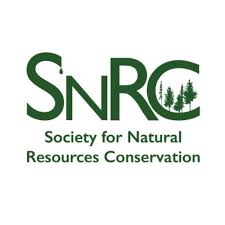
Procurement and Payment Services
Procurement and Payment Services guides and supports the university’s ongoing commitment to encourage business opportunities and diversity among its vendors by promoting minority business development as a shared responsibility throughout the university.
Compost Facility - Cornell Farm Services
Farm Services operates the university's compost facility, which handles about 4,000 tons of waste annually, making it one of the largest recycling operation in Tompkins County. By collecting organic waste such as food scraps and animal bedding and turning it into a nutrient-rich soil amendment, Farm Services diverts about half of the university's total solid waste stream. Farm Services also offers a wide array of agricultural services to units at Cornell and supports research on improving grasses and legume varieties to create superior forage for livestock.
Residential Compost Program
The Residential Compost Program recruits first-year undergraduate students living on North Campus to become Compost Managers, overseeing kitchen compost bins within their residential communities and educating students on composting practices.
Cornell Computer Reuse Association (CCRA)
The CCRA is dedicated to donating computers and other computer-related technology to humanitarian organizations around the world.
Human Wellbeing
Nature Rx @Cornell is a dynamic and growing movement, represented by numerous individuals and units at the university, who have come together with a shared passion for the ways in which the natural beauty of our campus can positively impact every person's well-being.
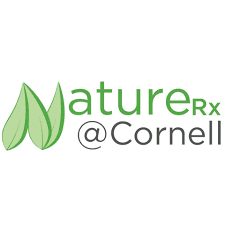
Cornell Minds Matter promotes the overall mental and emotional health of all Cornell students, works to reduce the stigma of mental illness, and holds events open to the entire Cornell community that foster a healthy, balanced lifestyle. Whether your interest stems from personal experience, academic interest, curiosity or desire for social action; we welcome you to join us in our quest. College is difficult enough as it is; silence leads to no positive outcome.

Cornell HR has worked to integrate sustainability staff core competencies (100% of Cornell employees have sustainability in their job description), include sustainability thinking and tools in employee on-boarding, contribute staff to the ongoing Behavior Change Working Group helping to advance sustainability training and literacy for all staff, and include Sustainability Life Recipes into the biweekly Career/Life Digest to promote healthy sustainable living tips for all staff.
Center for Intercultural Dialogue
The Cornell Center for Intercultural Dialogue at 626 Thurston Avenue promotes programs that cross the boundaries in Cornell's diverse student community, bringing together students from themed Program Houses, diversity- and social justice-related student organizations, and other cultural centers across campus.
Cornell Outdoor Education (COE)
COE enhances academic performance and success in the workplace by developing leadership, teamwork, and personal achievement through experience-based education in the outdoor environment at Cornell University and around the world.
Cornell Recreational Services offers a wide variety of fitness, wellness, sports, and open recreation activities for Cornell students, staff, faculty, retirees, and their spouses/partners. Through broad-based programs, Cornell Wellness tries to promote a healthy and holistic lifestyle throughout the campus community.
For more partners and programs, see our Human Wellbeing and Student Organizations pages for a list of all institutions working towards a more diverse and inclusive community.
Transportation
Parking, Transportation & Delivery Services
Cornell Parking, Transportation & Delivery Services provides students, staff, faculty, and visitors necessary information about parking, commuting, getting around campus, and much more. Transportation Services are continuously working to help Cornell reach its carbon neutrality goal by 2035 by facilitating smart and sustainable movement of people, packages, and vehicles across Cornell campuses and beyond. The Transportation team are committed to offering and encouraging alternatives to the single-occupant vehicle, while supporting sustainability initiatives for the campus, adjacent neighborhoods, and the environment. Some examples include:
-
Award-winning commuter programs which lessen the financial and environmental impact of the daily commute.
-
Mail and courier programs that save the university time and money, productivity and risk, as well as reduce campus congestion and parking demand.
-
The use of electric and natural-gas fueled vehicles has resulted in both environmental and financial savings.
-
Continuous research about how to reduce vehicle traffic on and around campus while supporting Cornell’s mission.
Center for Transportation, Environment, and Community Health (CTECH)
The Center for Transportation, Environment, and Community Health (CTECH) pursues research and innovation to support sustainable mobility of people and goods while preserving the environment and improving community health.
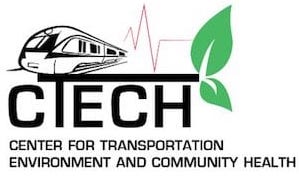
Big Red Bikes is a student-run, non-profit organization providing bike share service to the Cornell community. Students working in Big Red Bikes have the unique chance to impact Cornell's campus as part of an innovative business practicing social entrepreneurship.
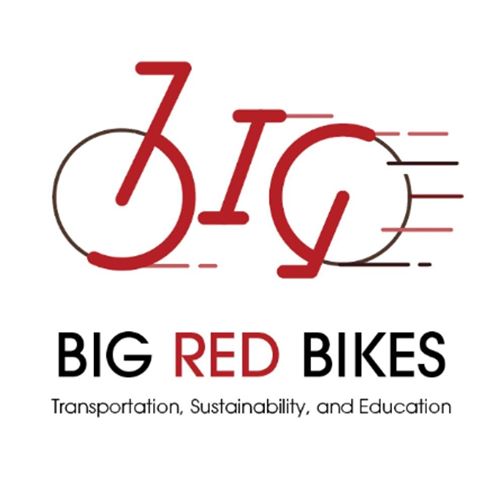
Students
Students of all disciplines are crucial for moving Cornell forward as we work towards a more just and sustainable future for all. A few of the student bodies we partner with include:
Cornell Environmental Collaborative (ECO)
ECO represents and works with over 40 organizations on campus to promote sustainable thinking, foster new ideas, and invoke environmental awareness in students across campus.

Every day, motivated and knowledgeable student organizations drive Cornell’s sustainability efforts. Whether designing and building solar houses, growing organic food, or raising awareness about environmental policies, students continue to work towards a brighter and greener future.
